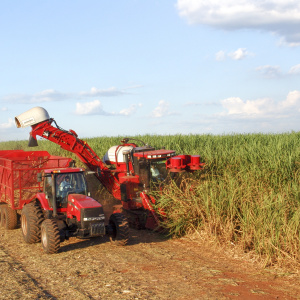
Every commentator on the TV news, on Twitter, and in our newspapers is asking whether life will ever get back to normal.
Every organisation is asking its Insight team similar questions. Are consumers ready to leave the lockdown? When will we all return to the office? Will we ever resume our previous patterns of purchasing? Or will new patterns developed during the lockdown combine to produce a new normal?
Of course, we just don't know. And in many cases it's too early to ask consumers how they will behave because we can't accurately predict the environment in which people will make our decisions.
But there are some patterns that look likely to continue, and this will apply as much to Insight teams themselves as to the organisations within which we operate and the consumers which our companies serve.
Some of these changes will be started by the coronavirus crisis. But many will simply have been accelerated by the lockdown - Insight professionals working from home for example, team meetings via Zoom, doing qualitative research online, adopting agile research techniques to get a quick snapshot quickly.
But I'm hoping that another trend gathers pace, one that could represent a far more significant change for the role that Insight teams play within their organisations.
The evolution of Insight teams
Most progressive Insight leaders acknowledge that their Insight departments are on a journey from being reactive service providers to proactive business partners. A key milestone along the way, is the evolution from data hunting to Insight farming.
Really effective Insight teams recognise that they can add far more value to decisions when they spend time synthesising and communicating what is known from many sources:
- They sow the seeds of joined-up insight by establishing processes to crytallize new findings
- They cultivate knowledge by discussing the findings, figuring out the connections, and developing opinions about how and why consumers in the market become customers of the organisation
- They harvest this growing crop of customer and market knowledge year after year
- They reap the reward by being seen as the go-to people for everything there is to know about the external environment
One silver lining of the present crisis is that every CEO knows that they can take no meaningful decisions over the coming months without reference to what consumers think and how they will act. There is an insatiable appetite to understand the market in which our companies operate, and a dramatic new focus not on individual pieces of research or analysis, but on the paramount importance of stitching together all the available evidence and developing a synthesised body of understanding.
Present circumstances dictate that we cannot operate as data hunters - tracking down that one key stat or market research revelation - because it's obvious to everyone that there are too many moving pieces. So let's take this oppotunity to embed new ways of working that focus as much on developing joined-up knowledge as on running new investigations.
It would be fantastic if we looked back in years to come and identified this as the moment when Insight teams evolved from departments that hunted facts and figures to be the farmers of joined-up Insight knowledge.
If you would like to explore these ideas further
This week the IMA has published a 10-page Insight leader guide called IMP201: An introduction to farming Insight knowledge. If your company is an IMA member and you have an online account with us you can read it now by clicking here. Please remember that you will need to log in to see this and the other 38 Insight leader guides.
If you are not sure if your employer has a membership yet, please contact us and we'll be able to help you.
James Wycherley
Chief Executive, IMA
